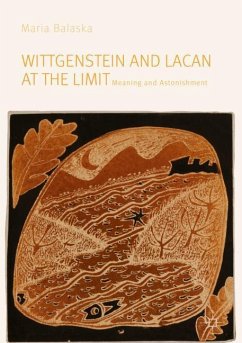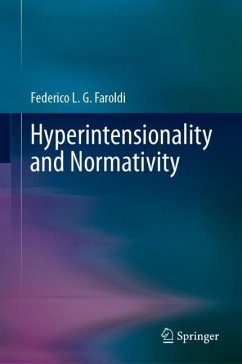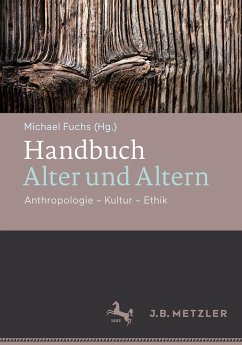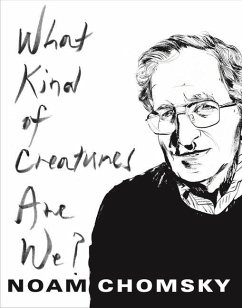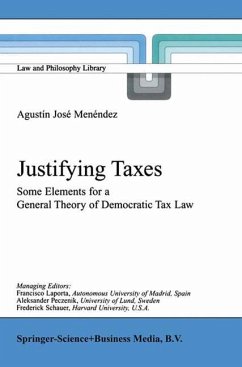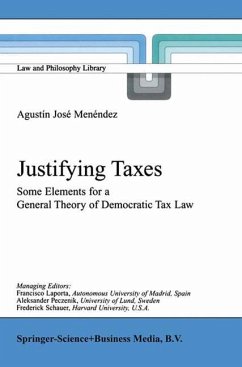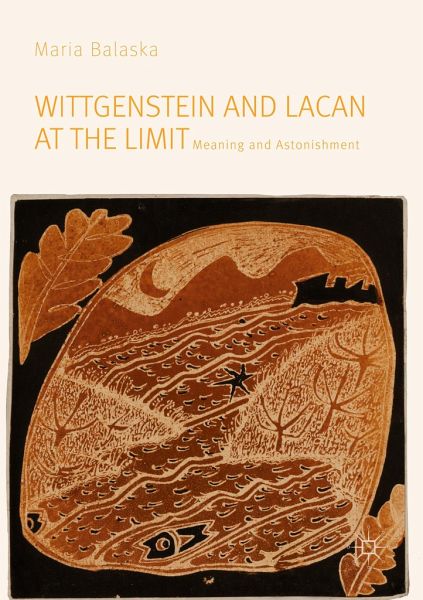
Wittgenstein and Lacan at the Limit
Meaning and Astonishment
Versandkostenfrei!
Versandfertig in 6-10 Tagen
61,99 €
inkl. MwSt.
Weitere Ausgaben:

PAYBACK Punkte
31 °P sammeln!
This book brings together the work of Ludwig Wittgenstein and Jacques Lacan around their treatments of 'astonishment,' an experience of being struck by something that appears to be extraordinarily significant. Both thinkers have a central interest in the dissatisfaction with meaning that these experiences generate when we attempt to articulate them, to bring language to bear on them. Maria Balaska argues that this frustration and difficulty with meaning reveals a more fundamental characteristic of our sense-making capacities -namely, their groundlessness. Instead of disappointment with languag...
This book brings together the work of Ludwig Wittgenstein and Jacques Lacan around their treatments of 'astonishment,' an experience of being struck by something that appears to be extraordinarily significant. Both thinkers have a central interest in the dissatisfaction with meaning that these experiences generate when we attempt to articulate them, to bring language to bear on them. Maria Balaska argues that this frustration and difficulty with meaning reveals a more fundamental characteristic of our sense-making capacities -namely, their groundlessness. Instead of disappointment with language's sense-making capacities, Balaska argues that Wittgenstein and Lacan can help us find in this revelation of meaning's groundlessness an opportunity to acknowledge our own involvement in meaning, to creatively participate in it and thereby to enrich our forms of life with language.





